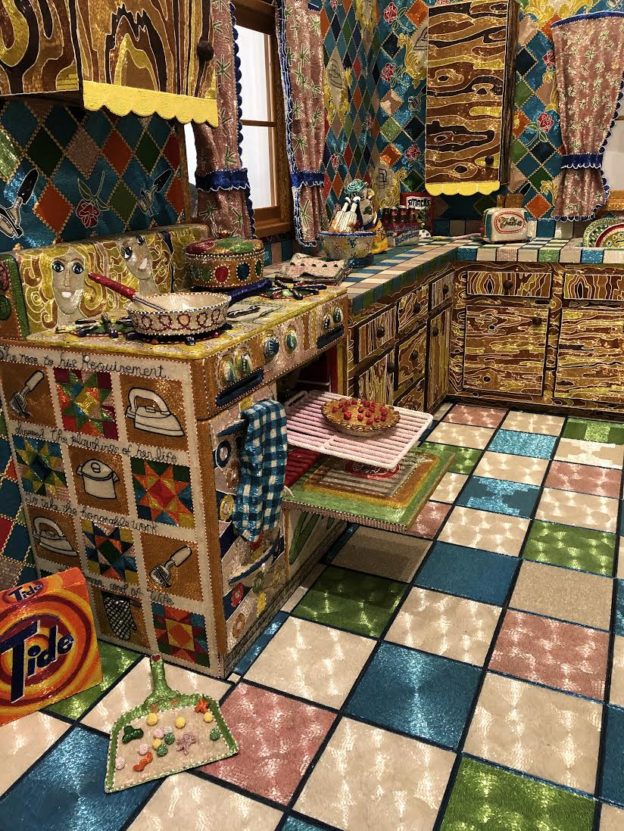Freedom to Write for Palestine

Last week I gave the opening remarks at Freedom to Write for Palestine at Judson Memorial Church in Manhattan. This memorable gathering of writers was brilliantly curated and produced by Omar Hamilton and Sharif Kouddous of the Palestine Festival of Literature, and it was recorded for posterity. Writers Against the War on Gaza and Amplify Palestinerounded out the organizing team, and everyone’s efforts came together beautifully. Publishers Weekly and New York Magazine did great coverage of the event, placing it in the context of the controversy surrounding PEN America’s terrible response to the genocide in Gaza and the efforts of writers to hold the organization to account.
Here is an excerpt from my introduction:
While PEN America has organized a street rally in support of Ukrainian writers imprisoned and killed by Russia and taken a delegation of Ukrainian writers to meet with Congress, it has yet to organize any public event on behalf of Palestinian writers who have been imprisoned and killed by Israel. PEN International, English PEN, and PEN South Africa called for a ceasefire in Gaza five full months before PEN America did, and PEN America’s call came only after over a thousand writers had signed a letter denouncing the organization for its inaction. PEN America’s priorities so often align with the U.S. government’s own foreign policy goals that one writer quipped, ‘PEN America has been turned into an outpost of the U.S. State Department.’
While the leadership at PEN America is being roundly denounced for its double standards on Israel and Palestine, many of its staff members’ work in this area and on other issues is being stymied and undermined. We would like to give a shout out to PEN America United, the union representing PEN America’s staff, which has been trying to get a fair contract for over eighteen months. PEN’s Chief Executive Officer’s salary was disclosed to be $465,000 in 2022, and in recent contract negotiations management proposed a $48,500 minimum starting salary for staff, well below industry standards and hardly a living wage in New York City. In addition to her annual salary, which has likely increased over the past two years, PEN’s CEO earns an additional undisclosed six-figure yearly sum for serving on Meta’s Oversight Board. As one sign at a PEN America United rally phrased it, “Are fair wages banned too?”
The evening raised over $8,000 for We Are Not Numbers (WANN), a youth-led organization in Gaza that trains a new generation of Palestinian writers. At the top of the program, Michelle Alexander read a poem by my friend and WANN mentee Haya Abu Nasser. When WANN alumni Mahmoud Alyazji read a remembrance with an accompanying film about his best friend Mohammed Zaher Hammo, who was killed in an Israeli airstrike with his family, there were audible sounds of weeping in the audience, and I venture to say there was not a dry eye in the house. After musician Huda Asfourplayed a final song to close out the evening, which was by turns inspiring, moving, and galvanizing, we all headed out into the world with firm resolve to continue fighting for Palestinian freedom.
In the meantime, the situation in Gaza has grown increasingly catastrophic as Israel drops bombs on displaced, starving people living in tents, and gives confusing, impossible evacuation orders to families with no place to go. Repression at home continues to be brutal as riot police are summoned to break up peaceful student Gaza solidarity encampments. I have made a chant by the Columbia students a new motto, “Disclose, Divest. We will not stop. We will not rest.”
Nancy Kricorian
May 12, 2024


